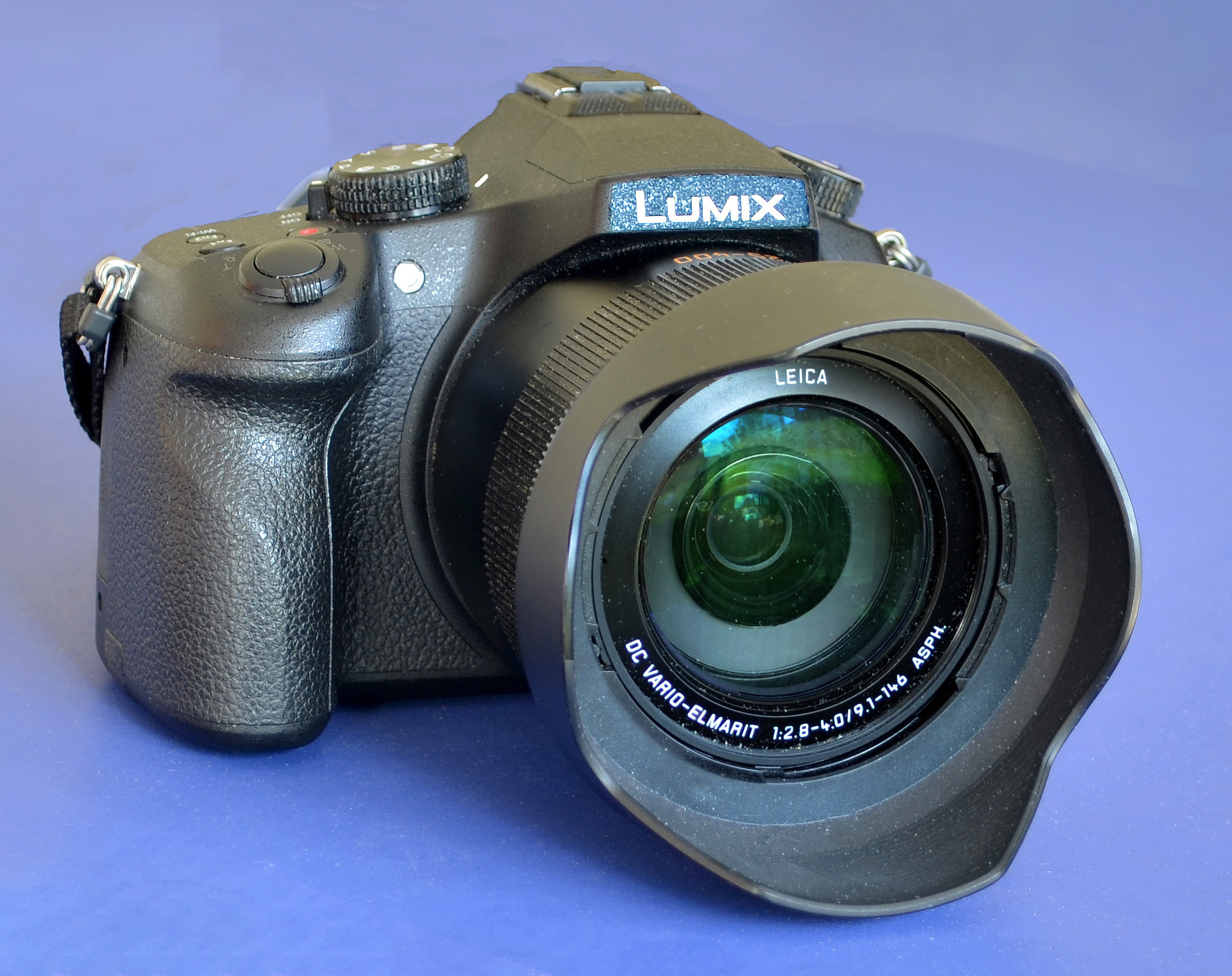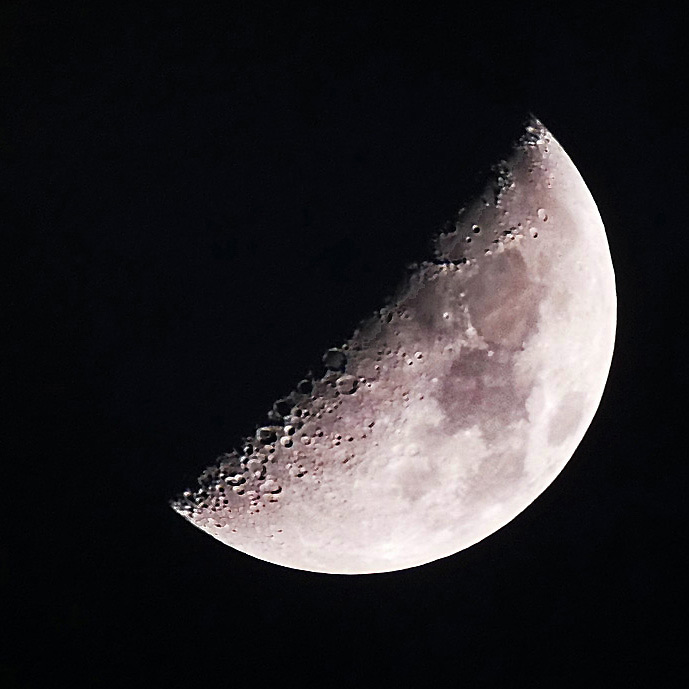bridge camera on:
[Wikipedia]
[Google]
[Amazon]

 Bridge cameras are
Bridge cameras are



# All measures are in pixels
ImageSize = width:800 height:100
PlotArea = left:90 right:10 bottom:20 top:20
AlignBars = justify
DateFormat = dd/mm/yyyy
Period = from:2013 till:2019
TimeAxis = orientation:horizontal
ScaleMajor = unit:year increment:1 start:2013
Define $dx = -40
# shift text
# Dates from DPReview
PlotData=
bar:Panasonic_Lumix color:red width:20 mark:(line,white) align:left fontsize:S
from:12/06/2014 till:16/07/2015 shift:($dx,14) text: DMC-FZ1000
from:16/07/2015 till:19/09/2016 shift:($dx,14) text: DMC-FZ300
from:19/09/2016 till:01/01/2019 shift:($dx,14) text: DMC-FZ2500 / FZ2000
bar:Sony_Cyber-shot color:blue width:20 mark:(line,white) align:left fontsize:S
from:16/10/2013 till:10/06/2015 shift:($dx,14) text: DSC-RX10
from:10/06/2015 till:29/03/2016 shift:($dx,14) text: DSC-RX10 II
from:29/03/2016 till:12/09/2017 shift:($dx,14) text: DSC-RX10 III
from:12/09/2017 till:01/01/2019 shift:($dx,14) text: DSC-RX10 IV

 Bridge cameras are
Bridge cameras are camera
A camera is an optical instrument that can capture an image. Most cameras can capture 2D images, with some more advanced models being able to capture 3D images. At a basic level, most cameras consist of sealed boxes (the camera body), with a ...
s that fill the niche between relatively simple point-and-shoot cameras and interchangeable-lens cameras such as mirrorless cameras and single-lens reflex camera
A single-lens reflex camera (SLR) is a camera that typically uses a mirror and prism system (hence "reflex" from the mirror's reflection) that permits the photographer to view through the lens and see exactly what will be captured. With twin l ...
s (SLRs). They are often comparable in size and weight to the smallest digital SLRs (DSLR), but lack interchangeable lenses, and almost all digital bridge cameras lack an optical viewfinder system. The phrase "bridge camera" has been in use at least since the 1980s, and continues to be used with digital camera
A digital camera is a camera that captures photographs in digital memory. Most cameras produced today are digital, largely replacing those that capture images on photographic film. Digital cameras are now widely incorporated into mobile devic ...
s. The term was originally used to refer to film cameras which "bridged the gap" between point-and-shoot cameras and SLRs.
Like other cameras, most current bridge cameras are digital. These cameras typically feature full manual controls over shutter speed
In photography, shutter speed or exposure time is the length of time that the film or digital sensor inside the camera is exposed to light (that is, when the camera's shutter (photography), shutter is open) when taking a photograph.
The am ...
, aperture
In optics, an aperture is a hole or an opening through which light travels. More specifically, the aperture and focal length of an optical system determine the cone angle of a bundle of rays that come to a focus in the image plane.
An ...
, ISO sensitivity
Film speed is the measure of a photographic film's sensitivity to light, determined by sensitometry and measured on various numerical scales, the most recent being the ISO system. A closely related ISO system is used to describe the relation ...
, color balance and metering. Generally, their feature sets are similar to consumer DSLRs, except for a smaller range of ISO sensitivity because of their typically smaller image sensor
An image sensor or imager is a sensor that detects and conveys information used to make an image. It does so by converting the variable attenuation of light waves (as they pass through or reflect off objects) into signals, small bursts of c ...
. Many bridge cameras have long zoom lenses which now often start at a super wide-angle focal length of 20 or 22mm equivalent focal length (in 35mm film camera terms), so the term "bridge camera" is sometimes used interchangeably with "megazoom", " superzoom", or "ultrazoom." However, some bridge cameras have only moderate or short zooms (such as the Canon Powershot G9), while many compact cameras have superzoom lenses but lack the advanced functions of a bridge camera.
With zoom ranges and sales rapidly increasing in the early 21st century, every major camera manufacturer has at least one 'super zoom' in its lineup.
One fixed but versatile lens
Bridge cameras typically have smallimage sensor
An image sensor or imager is a sensor that detects and conveys information used to make an image. It does so by converting the variable attenuation of light waves (as they pass through or reflect off objects) into signals, small bursts of c ...
s, allowing their lenses also to be smaller than a 35mm or APS-C
Advanced Photo System type-C (APS-C) is an image sensor format approximately equivalent in size to the Advanced Photo System film negative in its C ("Classic") format, of 25.1×16.7 mm, an aspect ratio of 3:2 and Ø 31.15 mm field ...
SLR lens covering the same zoom range. As a result, very large zoom ranges (from wide-angle to telephoto, including macro
Macro (or MACRO) may refer to:
Science and technology
* Macroscopic, subjects visible to the eye
* Macro photography, a type of close-up photography
* Image macro, a picture with text superimposed
* Monopole, Astrophysics and Cosmic Ray Observat ...
) are feasible with one lens. The typical bridge camera has a telephoto zoom limit of over 400mm ( 35mm equivalent), although some 21st-century cameras reach up to 2000mm. For this reason, bridge cameras typically fall into the category of ''superzoom cameras''.
The 24× Zoom Nikkor ED 4.6-110.4mm f2.8-5.0 on the Nikon Coolpix P90
The Nikon Coolpix P90 was launched by Nikon on 3 February 2009 as an improved version of the Nikon Coolpix P80. It is a 12-megapixel CCD digital camera with a fixed 24× zoom lens giving more than twelve times image magnification fully extended.
...
, which in 35 mm equivalent focal length
In photography, the 35 mm equivalent focal length is a measure that indicates the angle of view of a particular combination of a camera lens and film or sensor size. The term is popular because in the early years of digital photography, m ...
terms is a 26-624mm.
LCDs and EVFs as principal viewfinders
Bridge cameras employ two types of electronic screens as viewfinders: TheLCD
A liquid-crystal display (LCD) is a flat-panel display or other electronically modulated optical device that uses the light-modulating properties of liquid crystals combined with polarizers. Liquid crystals do not emit light directly but in ...
and the electronic viewfinder (EVF). All bridge cameras have an LCD with live-preview and usually in addition either an EVF or an ''optical viewfinder'' (OVF) (non-parallax
Parallax is a displacement or difference in the apparent position of an object viewed along two different lines of sight and is measured by the angle or semi-angle of inclination between those two lines. Due to foreshortening, nearby object ...
-free, as opposed to the OVF of DSLRs, which is parallax-free). A high-quality EVF is one of the advanced features that distinguish bridge cameras from consumer compact cameras.
All DSLRs, by definition, have a through-the-lens OVF. Newer DSLR models typically also allow 'live view' on the LCD screen as an alternative to the OVF, although frequently without autofocus or with very slow autofocus. Mirrorless cameras and dSLTs use LCD or electronic viewfinders.



Large-sensor bridge cameras
Just as in compact cameras, there is a trend towards larger sensors in bridge cameras, as well. Sony started the category of 1 inch sensor equipped bridge cameras in 2012 with the Sony Cyber-shot DSC-RX100, followed in late 2013 with the release of the Sony RX10. In 2014, Panasonic followed this with the FZ1000, which has a larger zoom range, up to 400mm equivalent (Sony's RX10 goes to 200mm equivalent). In contrast with the RX10's constant f/2.8 widest aperture Zeiss lens, the Panasonic FZ1000 has a variable f/2.8 to f/4Leica
Leica Camera AG () is a German company that manufactures cameras, optical lenses, photographic lenses, binoculars, rifle scopes and microscopes. The company was founded by Ernst Leitz in 1869 (Ernst Leitz Wetzlar), in Wetzlar, Germany.
...
creation. Sony's DSC-R1 issued as early as 2005 has a 10Mp APS-sized sensor combined with a Zeiss zoom lens.
In terms of image quality, these cameras are comparable to Canon's DSLRs and similarly priced.
Market
In late 2012, Techradar wrote that while the general compact camera market was on a downturn, the DSLR-like bridge camera market was continuing well. In 2014, CNET mentioned that for the last couple of years, Fujifilm focused on producing rugged compact cameras and bridge cameras as those segments continue to show strong sales.References
{{DEFAULTSORT:Bridge Camera Live-preview digital cameras Digital cameras